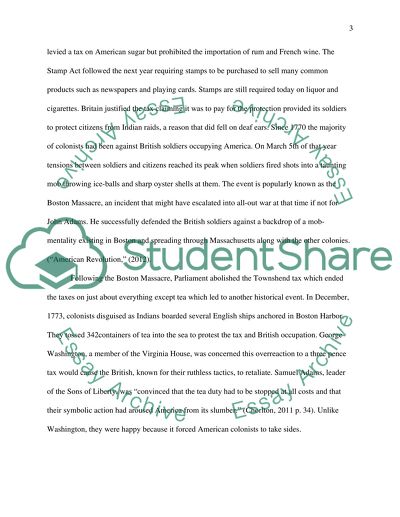Cite this document
(“The First Continental Congress Research Paper Example | Topics and Well Written Essays - 1500 words”, n.d.)
The First Continental Congress Research Paper Example | Topics and Well Written Essays - 1500 words. Retrieved from https://studentshare.org/history/1453569-the-first-continental-congress
The First Continental Congress Research Paper Example | Topics and Well Written Essays - 1500 words. Retrieved from https://studentshare.org/history/1453569-the-first-continental-congress
(The First Continental Congress Research Paper Example | Topics and Well Written Essays - 1500 Words)
The First Continental Congress Research Paper Example | Topics and Well Written Essays - 1500 Words. https://studentshare.org/history/1453569-the-first-continental-congress.
The First Continental Congress Research Paper Example | Topics and Well Written Essays - 1500 Words. https://studentshare.org/history/1453569-the-first-continental-congress.
“The First Continental Congress Research Paper Example | Topics and Well Written Essays - 1500 Words”, n.d. https://studentshare.org/history/1453569-the-first-continental-congress.


